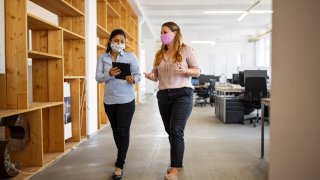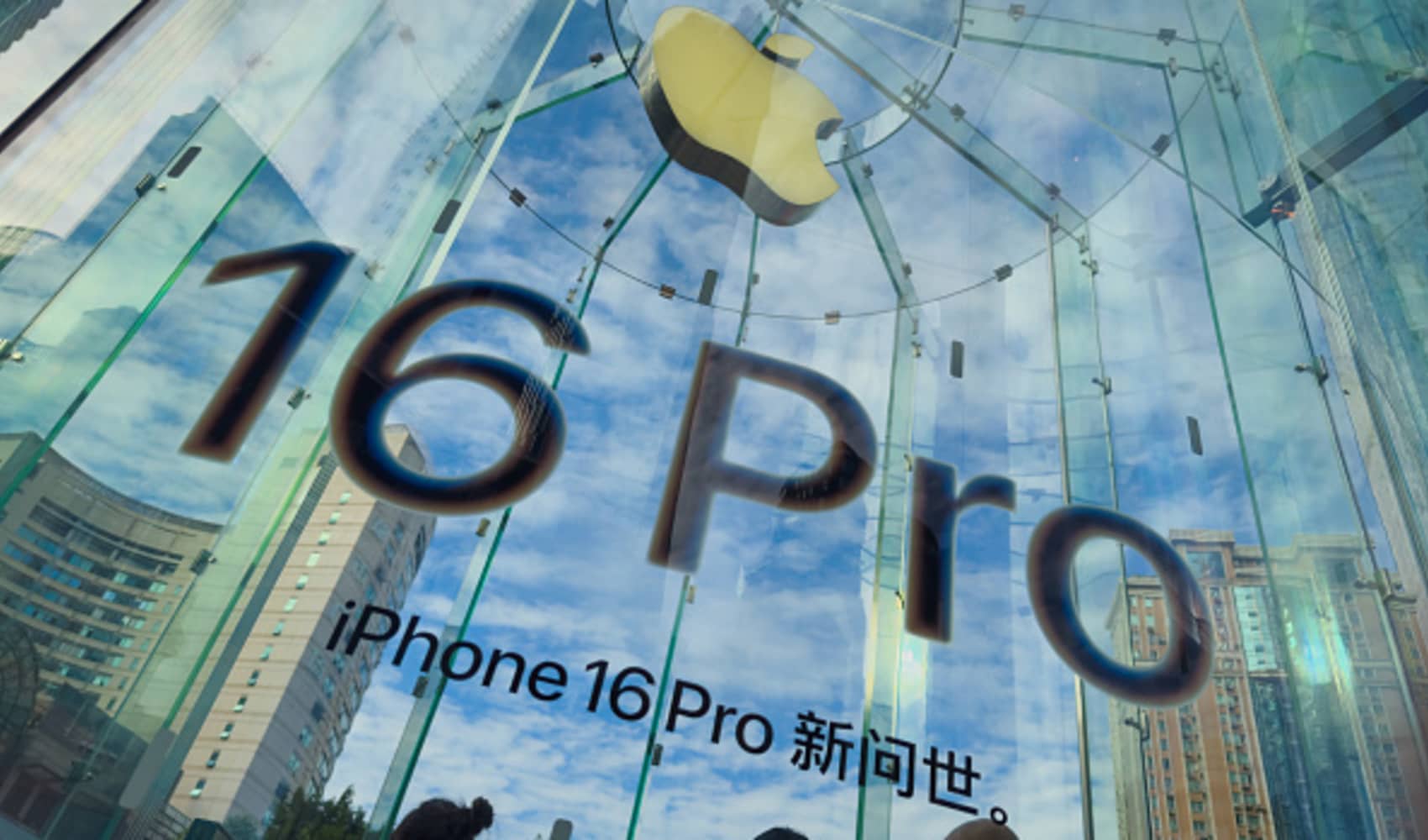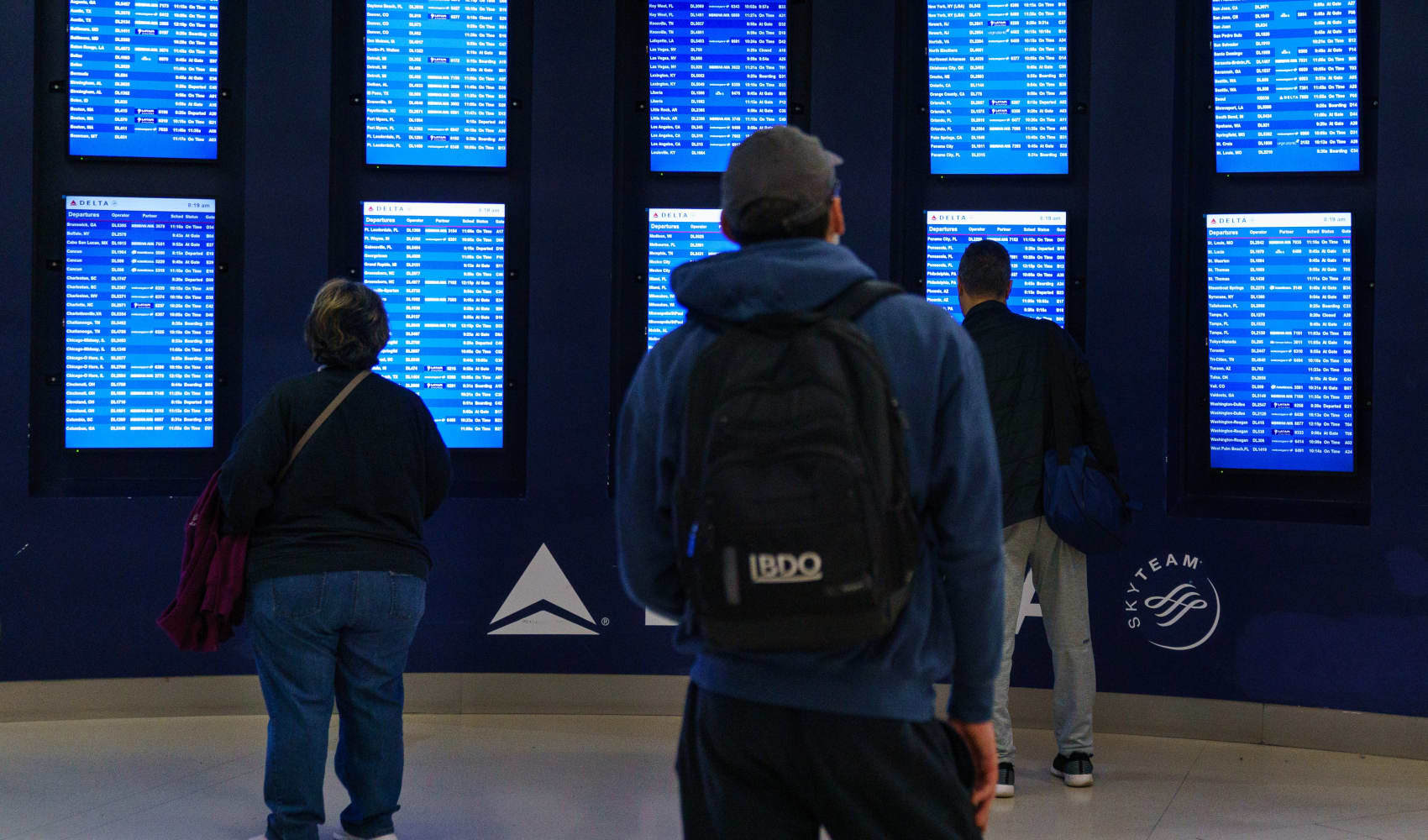
On Tuesday, the Centers for Disease Control and Prevention recommended fully vaccinated people begin wearing a mask in public indoor settings again in places with "substantial and high" Covid-19 transmission rates.
The updated guidance comes at time when Covid cases are rising again in all 50 states due to the highly contagious delta variant, and is a reversal of the CDC's May relaxation of indoor masking guidelines for the fully vaccinated.
The uptick in Covid numbers, as well as new CDC guidance, could be a blow to employers planning to bring their office employees back to worksites in the fall.
Kate Lister, president of the employer research firm Global Workplace Analytics, says she's been having conversations with clients for weeks about whether to delay their return-to-office dates.
Get top local stories in Connecticut delivered to you every morning. >Sign up for NBC Connecticut's News Headlines newsletter.
She tells CNBC Make It that "there's no magic" in organizations setting their return for after Labor Day. "It's just a date."
With the rise in daily infections, drop-off in vaccination rates and concerns of the virus's spread in the fall, "this is not the time to rush things," Lister says. "Just because the memo already went out doesn't mean the date cannot change. If we have learned anything from this pandemic, it's that we need to be more agile in our thinking."
Some mask up earlier, return to workplaces later
Money Report
Importantly, the CDC's guidance is only a recommendation. States and local officials can decide whether to reintroduce mask rules for certain people.
For example, prior to the CDC's Tuesday announcement, several counties across California and Nevada already reimposed mask rules for residents in public indoor settings whether they are vaccinated or not.
Worksites and places of businesses can set their own standard for employees and customers, too. The CDC also recommended Tuesday that all students, teachers and staff at K-12 schools wear masks, regardless of their vaccination status.
Some employers, keeping an eye on the virus's spread in the U.S., have already announced changes to their return plan. Apple, which received criticism for its September return-to-work announcement, delayed their plans by a month until October and recommended workers at retail stores wear masks, Bloomberg reports.
It's important that employers be "prudent" in how they bring people physically together if they do, says Daniel Meltzer, chief medical officer of clinical solutions at Matrix Medical Network. "We know that masks and distancing work, so those remain critical components of ensuring the safety of those at work and at home," he says.
Additionally, employers should double-down on their testing and contact-tracing strategies for employees "in an effort to ensure healthy workforces and the business continuity they support," he says.
More employers require vaccines
The new CDC masking guidance also adds fuel to the debate of whether employers should require their employees to get the vaccine to work in-person in order to minimize the virus's spread.
The Equal Employment Opportunity Commission has confirmed that employers can require their staff get vaccinated, with exceptions in certain circumstances. But many companies have left the decision up to individuals and relied on having unvaccinated workers continue to mask up inside, or provide a negative Covid test periodically.
Given the latest developments of the virus in the U.S., however, more employers may get onboard with a workplace vaccine mandate. On Monday, the Department of Veterans Affairs became the first major federal agency to require health-care workers receive the Covid-19 vaccine, and California became the first state to require state employees and some health-care workers to do so or face mandatory weekly testing.
New York City Mayor Bill de Blasio recently introduced similar guidance for city employees and health-care workers, NBC New York reports, and urged private-sector businesses follow suit.
In a call with reporters Tuesday, CDC Director Rochelle Walensky said the agency recommends that local leaders "look at what would motivate communities to get vaccinated. If businesses believe that's a mandate, we encourage them to do that."
Employers must make the return-to-office 'worth it'
How employers handle vaccine status and indoor masking can have a huge effect on how comfortable workers feel in their return to office buildings, Lister says. Requiring an in-person return prematurely could damage workers' perceptions of in-office work in the long-term and have a domino effect on company culture.
"What if the place looked like a ghost town because so few people returned? Would that lead them to question whether it was worth it?" Lister says. "If you were coming to the office because you miss your colleagues, would you really get the experience you were looking for?
Meanwhile, Lister adds, "all of the organizations I've talked to and worked with are functioning just fine with the large majority of the workforce being remote. Some are even thriving."
A June McKinsey report found that employees who are scheduled to return to physical workplaces are most stressed about their physical and mental health. The report authors say employers can best support their workforces by communicating improved Covid-19 health and safety policies for those returning. McKinsey and other workplace experts have also reiterated the need for greater workplace flexibility, such as remote work, during the pandemic and beyond.
Check out: 4 people share how being able to work remotely forever has changed their lives
Sign up now: Get smarter about your money and career with our weekly newsletter






